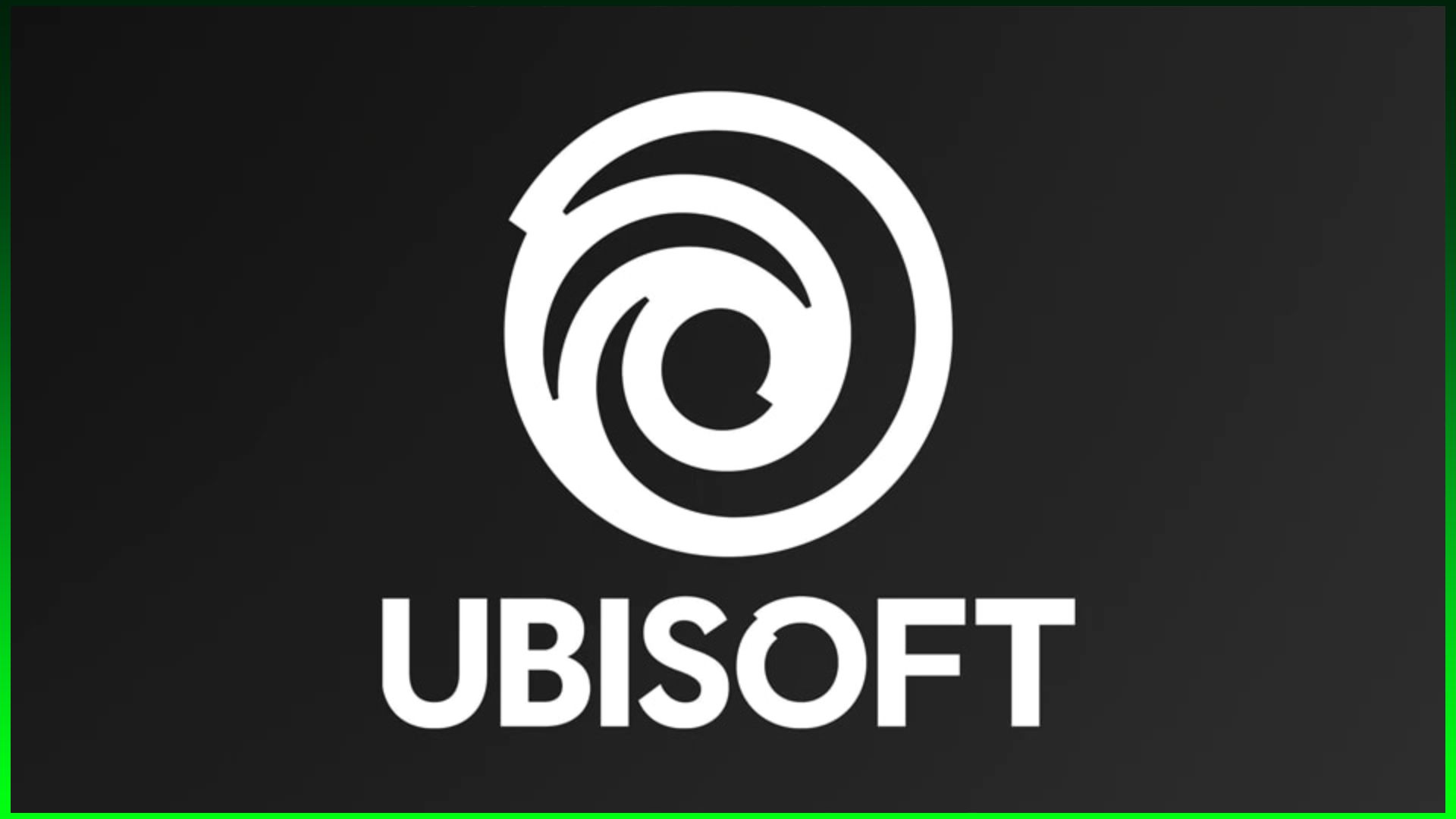Just a few days after their recent Ubisoft Forward, Ubisoft’s co-founder Yves Guillemot granted an interview with Axios where some important questions were indeed asked but here is what matters for us gamers without the corporate things of Ubisoft.
Besides recapping the workforce and workplace transformation after a few years of constant accusation about former managers conducting inappropriate and sexual advances to employees (and Guillemot claiming that he felt betrayed by some of those managers, the conversation turned on business wise and specifically the $309 million investment of Tencent Games.
Guillemot said that the investment of Tecenet Games does not mean that Ubisoft is bound to be sold despite the custom that “potential buyer states with minority stakes” and its intention is to maintain Ubisoft independent but “a sale is not off the table”.
Unsurprisingly, Guillemot indeed will have Ubisoft raise the prices for AAA games as it was expected on this gaming generation justifying that the competition already does so, preparing for Assassin’s Creed Mirage to be the first game from Ubisoft costing $70 as MSRP.
And about the NFT focus with Ubisoft Quartz effort has been rollback to a research phase and Tom Clancy’s Ghost Recon franchise will be the testing game for NFT and believes that the will eventually finds stuff that makes gamers happy (the reality is that not too many gaming fans are sold with the idea on mixing gaming, DLCs and cryptocurrency via NFT but to be fair with Ubisoft, they are not the only ones).
Of course, Axios asked about Stadia
Unfortunately, Guillemot did not elaborate on what could have happened or what motivated Assassin's Creed Mirage not including Stadia and GeForce Now as part of the Cloud Gaming version offering, as it seems is only Amazon Luna turf this time.
My theory on this is that:
- Any unknown agreement dating from the Project Stream could have quietly ended.
- Google winding down investment could have been lower enough to UBisoft not justifying making a Stadia version (Stadia SDK is Linux based while Luna is Windows based and hence making a parallel PC version development “more easy”).
- Related to the previous point, Amazon might have invested in the game to assure a parallel launch.
Via Axios


